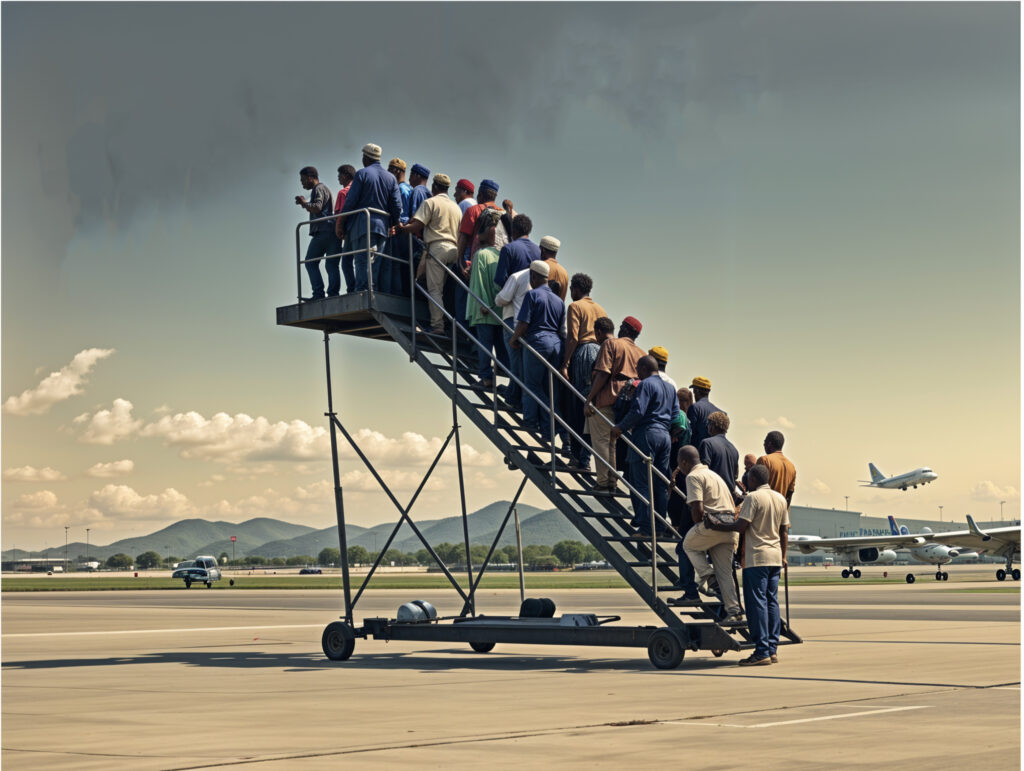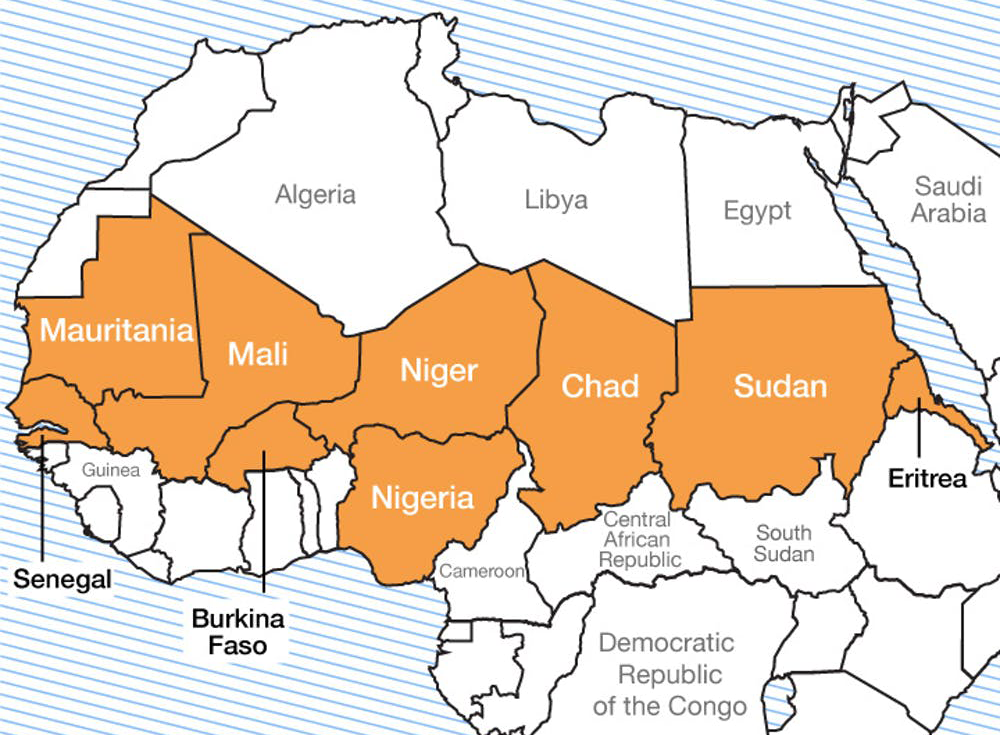From time immemorial, sporting activities have been projected to enhance integration, peacebuilding initiatives, encourage harmony between and among diverse groups in societies. Sporting events are also known for creating platforms where people from different political, economic, cultural and religious classifications can relate and form friendships or allies. According to Australia’s Department of Foreign Affairs and Trade, sports provide opportunities to develop people-to-people connections that promote partnerships of value.
With technological advancements, sporting activities have been globalised and rapidly monetised. Economically speaking, sports have become a massive pool of resources to be tapped into. From job creation for youths, to business opportunities for entrepreneurs and media organisations, to revenue for governments and private investors. In 2017, Olympic and Paralympic sports worth to UK economy was £19bn.
The idea is that, while recreational goals of sports are being achieved, it can also be a veritable tool for integration, building peace, job creation, revenue generation, etc. Since Nigeria’s amalgamation in 1914, the nation has witnessed endless series of disharmony along ethnoreligious lines. Such prevalence has contributed to the numerous insecurities and identity conflicts nationwide.
Can Nigeria utilise sports as an enabler of integration, building peace, as a strategy towards reducing unemployment and its attendant consequences in the country? Governments and private sectors should invest tremendously in sports. According to a report, in 2018, about 29 thousand people were employed in sports occupation in the UK, and fitness facilities generated over £1.88bn between 2008 and 2017. Australian’s sports sector contributes 2 percent of the nation’s GDP.
Sporting activities could be a strategy of drawing the 13.2 million out of school children in Nigeria back to formal education structures and processes. It can also serve as an alternative to the high level of unemployment that is a contributive factor to increasing security challenges.
With the right resources and investments, a revamped sports industry in Nigeria can contribute up to 10 percent of Nigeria’s GDP. However, it will be another pipeline dream if government do not show enthusiasm through policy initiatives and implementations that will encourage private investors to key into the sector.



